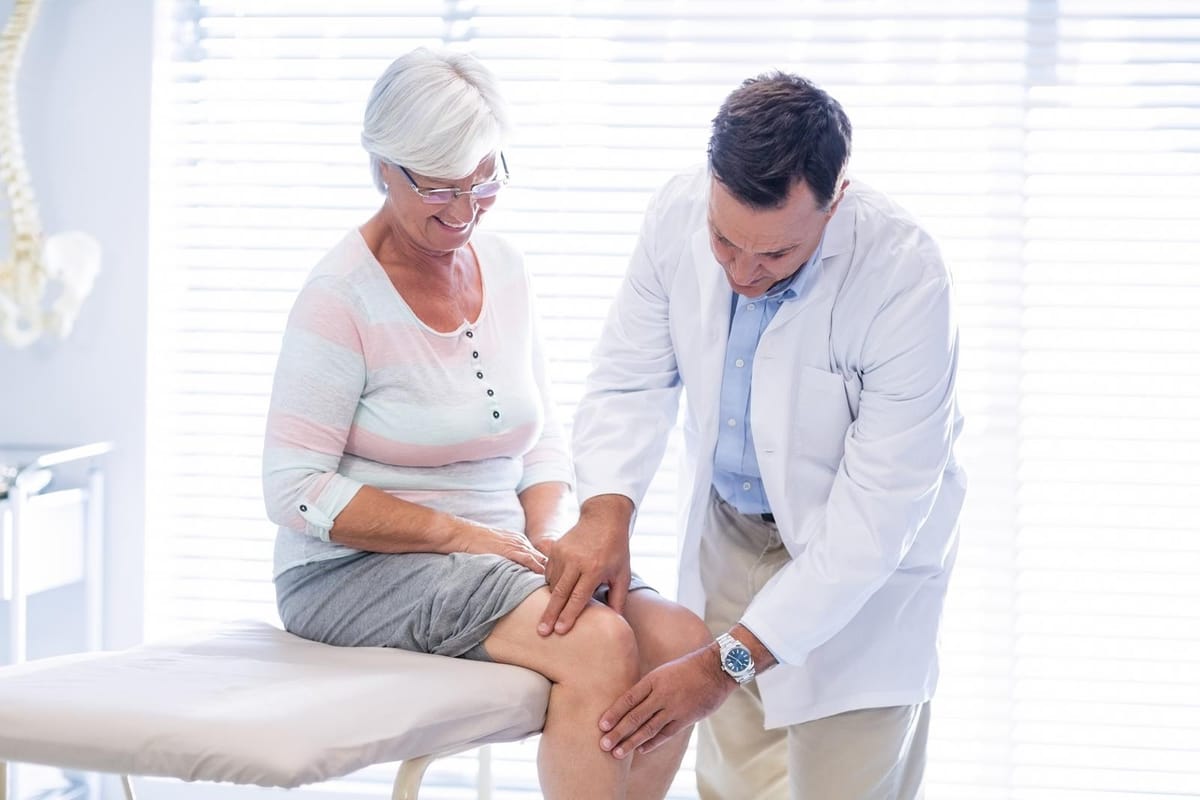

Protecting Your Bones as You Age: Why It Matters
As we get older, our bones naturally become less dense and more fragile. This process, known as osteoporosis, can lead to fractures, pain, and mobility issues. However, there are many things we can do to maintain strong, healthy bones throughout our lives. By taking proactive steps, we can reduce our risk of fractures and enjoy a more active and independent lifestyle. This guide will provide you with essential information and strategies to support your bone health and overall well-being.
Understanding Bone Health: The Basics
Our bones are living tissues that constantly remodel themselves, breaking down old bone and building new bone. This process is influenced by various factors, including genetics, nutrition, and lifestyle choices. As we age, the balance between bone breakdown and bone formation shifts, leading to a gradual loss of bone density. This loss can be accelerated by certain conditions like menopause, hormonal imbalances, and medical conditions like rheumatoid arthritis.
While we cannot entirely prevent bone loss, we can significantly mitigate its effects by adopting bone-healthy habits. This involves a combination of lifestyle changes, diet modifications, and, in some cases, medical interventions.
Key Strategies for Maintaining Bone Health
The good news is that there are practical steps you can take to protect your bone health and minimize the risk of fractures. These include:
1. Calcium and Vitamin D: Essential Nutrients for Strong Bones
Calcium is the primary building block of bones, and vitamin D helps your body absorb calcium effectively. Ensuring adequate intake of these nutrients is crucial for bone health. Here's what you need to know:
• Calcium: Aim for 1,200 milligrams of calcium daily. Good sources include dairy products, leafy green vegetables, fortified plant milks, and salmon.
• Vitamin D: Aim for 600 IU (International Units) of vitamin D daily. Sunlight exposure can help your body produce vitamin D, but it's often necessary to supplement. Consult your doctor for appropriate recommendations based on your individual needs.
2. Weight-Bearing Exercise: Building Bone Strength
Regular weight-bearing exercise is essential for maintaining bone density. This type of exercise puts stress on your bones, stimulating them to become stronger. Examples of weight-bearing exercises include:
• Walking: A simple yet effective way to strengthen bones, improve balance, and increase cardiovascular health.
• Jogging: Provides a greater impact than walking, making it particularly beneficial for bone health.
• Dancing: Combines cardiovascular exercise with weight-bearing movements, making it a fun and engaging way to strengthen bones.
• Strength Training: Lifting weights or using resistance bands can build muscle mass and indirectly enhance bone density.
3. Healthy Diet: Providing Essential Nutrients for Bone Health
A balanced diet rich in calcium, vitamin D, and other essential nutrients is crucial for bone health. Focus on consuming:
• Dairy Products: Milk, yogurt, cheese, and cottage cheese are excellent sources of calcium and vitamin D.
• Leafy Green Vegetables: Spinach, kale, and collard greens are rich in calcium and vitamin K, which plays a role in bone metabolism.
• Fortified Foods: Many plant-based milks, cereals, and orange juice are fortified with calcium and vitamin D.
• Fatty Fish: Salmon, tuna, and mackerel are good sources of vitamin D and omega-3 fatty acids, which have anti-inflammatory properties that can benefit bone health.
4. Avoiding Tobacco and Excessive Alcohol: Protecting Your Bones
Tobacco use and excessive alcohol consumption can have detrimental effects on bone health. Here's how:
• Tobacco: Smoking impairs bone formation and increases the risk of osteoporosis.
• Alcohol: Excessive alcohol consumption can interfere with calcium absorption and bone formation.
5. Consult with a Healthcare Professional: Personalized Recommendations
It's essential to consult with your doctor or a healthcare professional to discuss your personal bone health. They can assess your risk factors, recommend appropriate preventive measures, and monitor your progress. They may also suggest bone density scans to monitor bone health and identify potential issues early on.
Dues are $12 per year. Member benefits:
✅ Ad-Free Website Viewing
✅ Advocacy for Republican Seniors
✅ 120+ Senior Discounts
✅ Member Only Newsletters